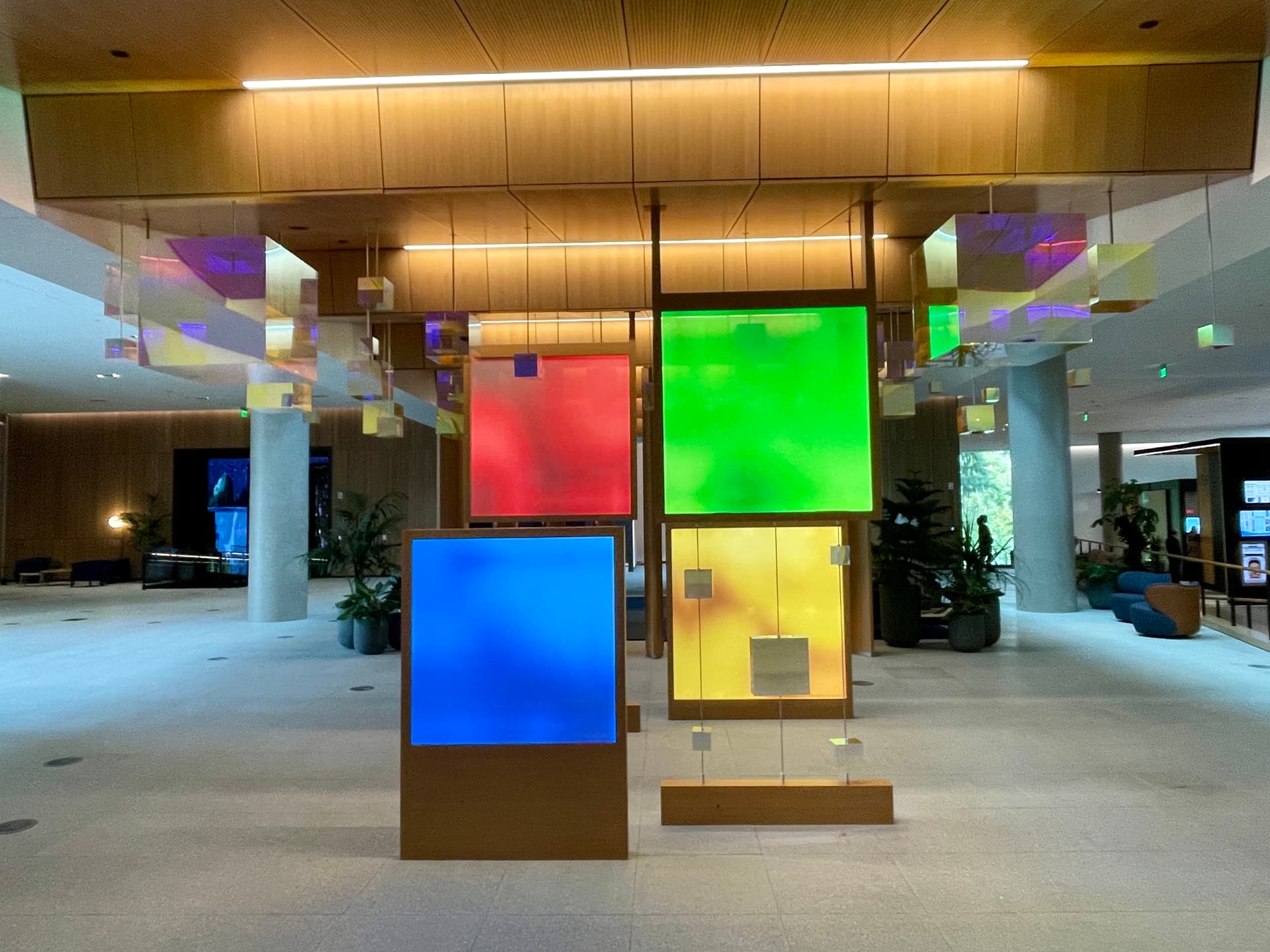Microsoft expands UAE investment to $15.2B with major Nvidia GPU shipments

News Summary
Microsoft has announced an expansion of its total investment in the United Arab Emirates (UAE) to $15.2 billion, aiming to grow its data center footprint and leverage export licenses. The tech giant has already spent $7.3 billion since 2023, which includes a $1.5 billion equity stake in Abu Dhabi-based sovereign AI company G42, and plans to invest an additional $7.9 billion from 2026 to 2029. This funding will cover AI and cloud infrastructure, workforce training, and new governance initiatives. Microsoft President Brad Smith emphasized that this is money Microsoft is spending in the UAE, focused on growing its business and contributing to the local economy by bringing together technology, talent, and trust. Microsoft noted it was the first U.S. corporation to receive approval from the Trump administration's Commerce Department for export licenses to ship Nvidia GPUs to the UAE. These GPUs will be used to provide access to advanced AI models from OpenAI, Anthropic, open-source providers, and Microsoft itself. The initiative is guided by “technology, talent, and trust,” anchored by a new Responsible AI Future Foundation and an intergovernmental assurance framework designed to align UAE operations with U.S. cybersecurity and data protection standards.
Background
Microsoft is a global technology giant focused on software, hardware, cloud computing (Azure), and artificial intelligence. In recent years, the company has actively expanded its AI and cloud service capabilities globally through investments and strategic partnerships. The UAE plays a significant economic and technological hub role in the Middle East and is actively pursuing economic diversification by heavily investing in AI and digital transformation. G42, as the UAE's sovereign AI company, is a critical component of its national AI strategy. The U.S. government implements strict export controls on advanced technologies, particularly high-performance GPUs, to balance economic interests with national security considerations.
In-Depth AI Insights
What are the deeper strategic motivations behind Microsoft's massive UAE investment and the Trump administration's approval of Nvidia GPU export licenses? - This is more than just commercial expansion; it's a critical step in the U.S. and its allies' technological and geopolitical positioning in the Middle East. By leveraging Microsoft rather than direct government action, the U.S. can ensure its allies gain access to advanced AI technology while exerting influence over data security and governance, countering the penetration of other nations (e.g., China) in the AI sphere. - The approval of Nvidia GPU exports signals a more flexible export policy by the Trump administration towards specific allies. This aims to promote the global adoption of U.S. technology standards and a unified data governance framework under a 'secure and trusted' umbrella, thereby solidifying U.S. leadership in AI. - This could also serve as a counterbalance to the UAE's aspirations for autonomous AI development. By deeply integrating with U.S. companies like Microsoft, it ensures the UAE's AI trajectory remains aligned with U.S. interests, preventing technology from flowing to potential competitors. What are the potential implications of this investment for Nvidia and the broader AI chip supply chain? - For Nvidia, this is a significant positive, reaffirming its GPUs' central role in AI infrastructure development and opening up a critical emerging market supported by the U.S. government. This could foreshadow an increase in similar controlled export models, providing a template for Nvidia to expand business in other strategic allied nations. - For the entire AI chip supply chain, this move likely further entrenches U.S. dominance in high-end AI chips. While increasing export volumes, the accompanying 'trusted' framework and governance requirements effectively tighten control over technology flow, making it harder for non-U.S. chip suppliers to enter these key markets. - Furthermore, such intergovernmental frameworks could become a template for future exports of other sensitive technologies, profoundly impacting AI infrastructure projects requiring high security and privacy assurances. How might the Middle East's role in the global AI landscape evolve, and what does this mean for investors? - The UAE, with its substantial sovereign wealth funds and proactive AI strategy, is rapidly becoming a significant hub for global AI R&D and application. Microsoft's investment will accelerate this process, attracting more AI talent and businesses, positioning the UAE as a crucial node connecting Eastern and Western AI ecosystems. - For investors, this implies that the Middle East, particularly the UAE, will be a potential high-growth market for AI infrastructure, data centers, AI application development, and related workforce training. It would be prudent to focus on U.S. or European tech companies with deep collaborations with local UAE AI entities (like G42) and cloud service providers with a strong presence in the Middle Eastern market. - However, investors must also be wary of geopolitical risks and uncertainties in technology export policies. While the Trump administration has approved exports currently, policy shifts or regional conflicts could still impact the stability and returns of such high-tech investments.